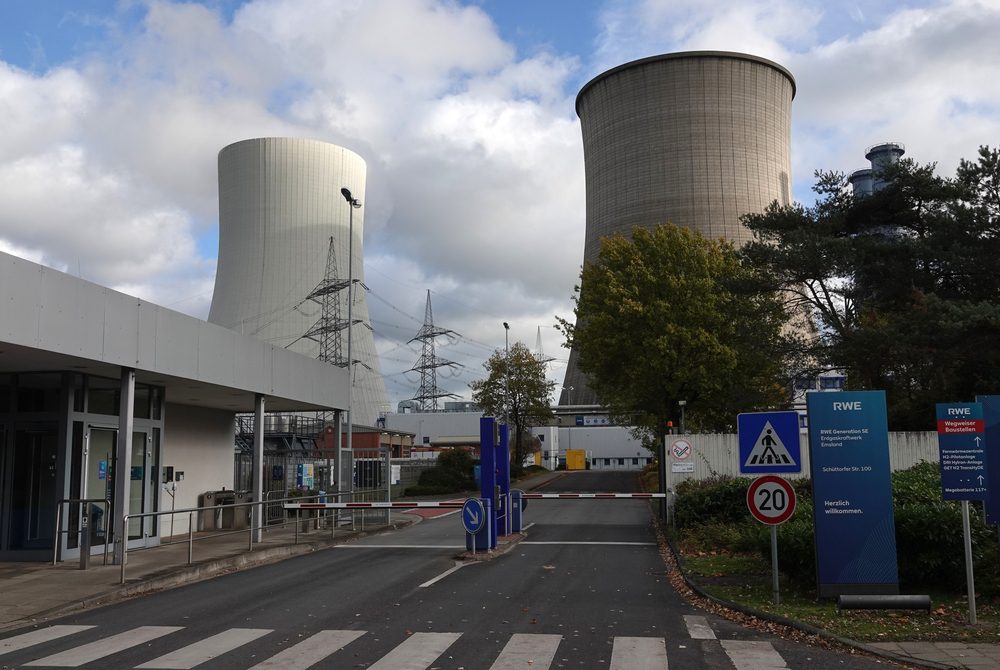
Germany will terminate its last three remaining atomic reactors this week, culminating a decade-long planned shutdown of its domestic nuclear industry. The politically motivated closures come despite most Germans opposing the measures and the country’s lingering energy anxiety caused by the war in Ukraine.
A long-time target of green campaigners, the shift away from nuclear power has been ongoing since the Merkel government conceded to green lobbyists with plans to dump nuclear power entirely in the aftermath of the Fukushima disaster.
Nuclear power provided 13.3% of German energy needs as late as 2021. An open letter from academics that year vocally condemned the closures as harming decarbonisation plans. Berlin previously delayed an original roadmap to phase out nuclear production last year due to the need for the reactors to remain online over winter.
The German government has defended the decision, saying that nuclear power has no place in the nation’s green transition and that the measures would be “irreversible” once implemented.
The question of nuclear energy has divided Europe, with France, the Netherlands, and most of Eastern Europe keen advocates for nuclear energy as part of a broad energy mix. Atomic power was included in protectionist measures announced by Brussels last month to provide “security of supply” against Chinese-dependent supply chains.
Europe’s energy crunch has already forced Belgium to extend the lifetime of its nuclear reactors as Italy ponders a return to nuclear power.
During last month’s EU Council meeting, Germany took an aggressive anti-nuclear stance, clashing with France over whether to classify nuclear energy as “green.”
Energy has been a hot-button topic throughout the year in Germany, with Berlin heavily criticised for its failure to diversify its energy sources away from Russia. Protests erupted in January over plans to mine coal. Germany has struggled to decouple from Russian energy imports with the nuclear shutdown, which is considered too extreme even by Greta Thunberg.
While Germany commits itself to a carbon-free future, it spurns the only tried and tested energy source that could potentially alleviate its current woes. A fatal miscalculation regarding the reliability of Russian energy imports contributed to the current crisis with Berlin’s dismissal of nuclear power.
